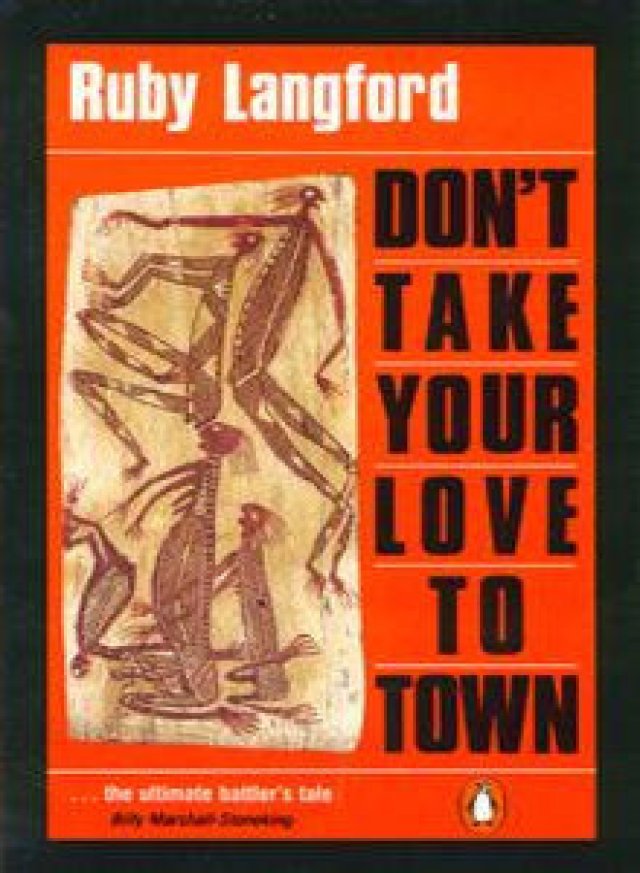
Dr Aunty Ruby Langford Ginibi, one of Australia’s foremost Aboriginal authors, passed away on October 2 in a Sydney nursing home. Through her numerous books, short stories, poetry, interviews and public appearances and her commitment to “edu-ma-cating” non-Aboriginal people about Indigenous peoples’ circumstances and struggle, she made a distinctive and substantial contribution to Australian history and literature. Her books were studied in high schools and universities in Australia and internationally.
Aunty Ruby, who was given the title of Ginibi (Black Swan) by her Bundjalung elders, received a number of awards including the Australian Human Rights and Equal Opportunity Commission Human Rights Award for Literature, the NSW Ministry for the Arts Inaugural History Fellowship, an inaugural honorary fellowship from the National Museum of Australia, the NSW Premier’s Literary Award, and the Australia Council for the Arts Writers’ Emeritus Award, as well as a Doctorate of Letters (Honors Causia) from La Trobe University.
Born of the Bundjalung Nation in 1934 in Coraki, NSW, Aunty Ruby’s life was governed by fierce dedication to her family, especially her children — including those she adopted — her grandchildren and great grandchildren. She battled for them and with them in situations of extreme poverty and hardship.
After her schooling in the Casino area of northern NSW, where she excelled as a scholar, Ruby Anderson qualified as a clothing machinist in Sydney. She then took on an itinerant existence in rural towns, fencing, pegging kangaroo skins, burning off and clearing scrub, “living tribal, but with no tribe around me”.
She later returned to Sydney where she worked extensively in the clothing industry.
Aunty Ruby became an active member of the Sydney Koori community, and it was there, at the age of 53, that she became a pioneering author of Aboriginal life narratives with her first book, the bestselling Don’t Take Your Love to Town (1984). In this pivotal text, she wrote, “The pen is mightier than the sword but the finger in the sand is mightier than that in its own way.”

Aunty Ruby used the combined might of the pen with the spirit and the strength of her ancestry to “edu-ma-cate” — that is, to tell non-Aboriginal people about the harsh realities of Aboriginal existence. In particular, she wrote of the devastating effects of the incarceration, not only on individuals caught up in the “white injustice system” but on their entire families in both Don’t Take Your Love to Town and Haunted by the Past (1999).
In a radio interview in 1992, when speaking about her second book, Real Deadly, she declared, “It’s a good hope to educate people.”
Those of us who had the benefit of her “edu-ma-cation” know just how much this hope governed her life. She spoke often of “bumping her gums” to non-Aboriginal people, particularly those in positions of power, and her message was clear: “Don’t be gobbingh-miggingh [greedy guts] and take everything from us. You white people have to learn to give something back. You cannot take forever from us, because in the end, you’ll destroy yourselves too … Ninginah! Stop!.”
In calling for white people to stop, Aunty also asked Australians to start rethinking ourselves — our collective history and our collective future. Remembered for her irrepressible spirit and determination, her tenacious courage and her fearless assertion of the facts of colonisation and its impacts, Dr Ruby Langford Ginibi, Black Swan, Elder of the Bundjalung and Koori, will be sorely missed by her thousands of devoted readers, in Australia and elsewhere, but while her pen may be silenced, her message will continue. Most of all, we honour her for telling us the truth.
[Republished from Indymedia.]